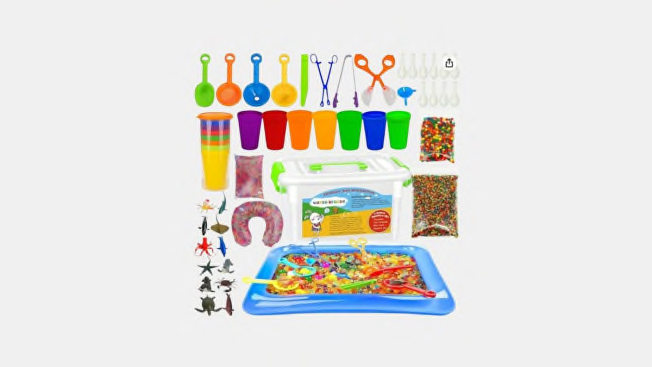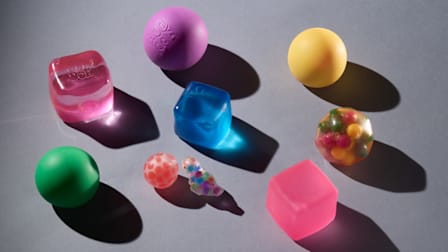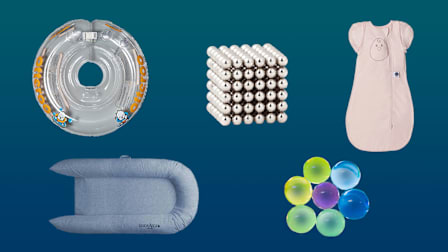Parents Urged to Throw Away Water Beads Made by Jangostor and Tuladuo
Government tests found they contain high levels of a toxic chemical, adding to other concerns about the toys

Federal regulators issued safety warnings on Tuesday for two brands of water beads that they say contain a dangerous toxin. Water beads made by Jangostor and Tuladuo contain high levels of acrylamide, the agency says, a carcinogen that is also harmful to the nervous system, reproductive system, and brain.
The companies have not yet agreed to recall the products, but the Consumer Product Safety Commission advises consumers to immediately throw them away.
Water beads, made out of a superabsorbent polymer that grows dramatically in water, are often marketed as sensory toys to children. A Consumer Reports investigation last September detailed some of the hazards that the beads pose to babies and even older children when they are accidentally swallowed, inhaled, or put into an ear or nose. Labels on water bead containers often say “choking hazard,” but the risks can also include intestinal blockages, lung collapse, hearing loss, infections, and even death.
Water beads were never meant to be inhaled or eaten, but stories from parents, as well as emergency room data, court documents, and medical literature, show how easily they can end up in a child’s body. These new findings about some brands’ potential toxicity show that the risks are not limited to immediate injuries from blockages or infections but also come from dangerous chemicals that the beads can release inside the body.
One toy brand, Chuckle & Roar, recalled its water beads in September 2023 after the death of a 10-month-old baby in Wisconsin. Tuesday’s CPSC announcements about Jangostor and Tuladuo water beads follow a broader public safety campaign from the agency about the dangers that all brands of water beads pose to children. There were an estimated 7,800 emergency room visits related to water beads from 2016 to 2022, according to CPSC data.

Source: CPSC Source: CPSC
The CPSC’s announcements on Tuesday about Jangostor’s Large Water Bead sets and two different sets of Tuladuo Water Beads state that they all contain “levels of acrylamide in violation of the Federal Hazardous Substances Act.” They also say that the agency is aware of two incidents in which children required surgery to remove Jangostor water beads after they swallowed them, and one similar incident involving a large Tuladuo bead.
“Expanding water beads pose inherent dangers to children, and now tests are confirming they also can be toxic,” says Gabe Knight, safety policy analyst for CR. “If you have water beads and haven’t yet thrown them away, we’re advising you to do it now. Retailers and online platforms should immediately stop selling them, and Congress should pass the Ban Water Beads Act to set clear and consistent rules across the marketplace.”
Jangostor beads were sold on Amazon in tubs and plastic bags; Tuladuo beads were also sold on Amazon, either in a large jug or in an activity kit that included 50 large beads and 50,000 small ones.
“As of December 2023, Amazon does not allow the sale of water beads that are marketed to children, including as toys, art supplies, or for sensory play,” says Samantha Boyd, an Amazon spokesperson. “Amazon is in the process of notifying customers of the CPSC’s concerns, and issuing refunds, on behalf of our selling partners.”
CR’s experts say the safest way to dispose of water beads is to put them in a sealed container and throw them in the trash.
Editor’s Note: This article was updated to include comments from a CR advocate and an Amazon spokesperson that were received after publication.
@consumerreports Government tests found water beads made by Jangostor and Tuladuo contain high levels of a toxic chemical, adding to other concerns about the toys. Learn more through the link in our bio. #waterbeadsaredangerous #waterbeadsarenotatoy #kidsafety
♬ original sound - Consumer Reports




